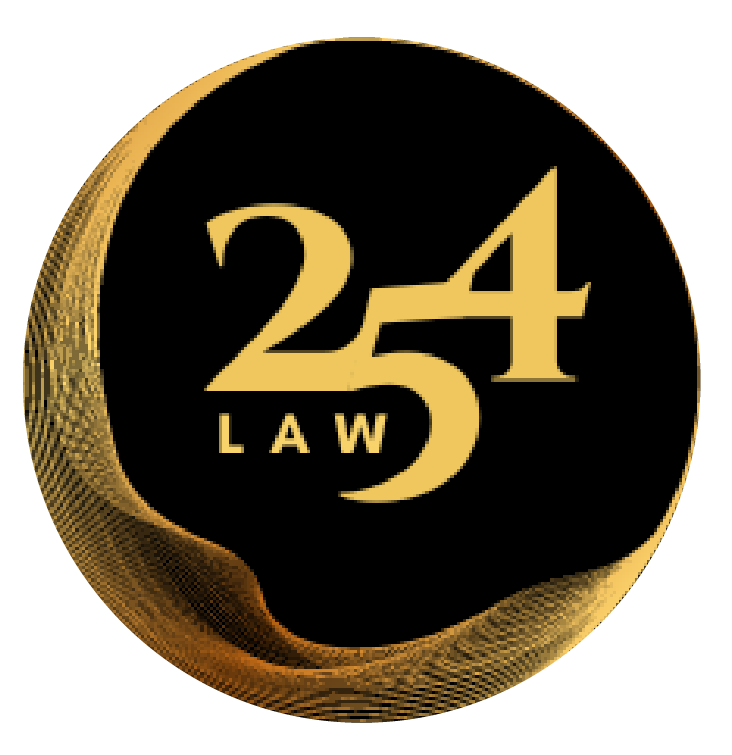FAQs
I’m not wealthy. Should I be concerned about federal estate taxes?
As of current regulations, your estate is generally not subject to federal estate taxation unless it surpasses a specific threshold. For married couples, the threshold may vary. The IRS typically assesses the fair market value of your property at the time of your death, not the original purchase price. If you've owned substantial assets like your home or stocks for an extended period, the appreciation in their value could potentially push you over the federal estate taxation limit. Assets that may be subject to tax at death include the family home, family farm, life insurance, household furnishings, benefits from employee benefit plans, and other items without lifetime income. In essence, your wealth may exceed your initial perception.
What should I do if I may be liable for the estate tax?
While the federal estate tax may not affect most individuals, those it impacts can face significant consequences. If you are at risk of exceeding the threshold, or if you're not sure, contact us and let us walk you through some options.
Warning: Tax laws undergo frequent changes, so it's crucial to periodically review your plan.
What if I inherit property but don't want it?
Beneficiaries named in a will or trust may find themselves in situations where they prefer not to inherit the designated property, whether due to tax considerations or other reasons. For example, if you declare bankruptcy and then your father passes away, your creditors may have a claim on the property he left you. In such cases, you have the option to disclaim (refuse) the inheritance. The Internal Revenue Code outlines the process for a beneficiary to disclaim an interest in an estate for estate-tax purposes. No matter the situation, we can help you through it.
NAVIGATION
PRACTICE AREAS
Wills
Trusts
Probate
Taxes
© 2023 254 Law, All Rights Reserved

